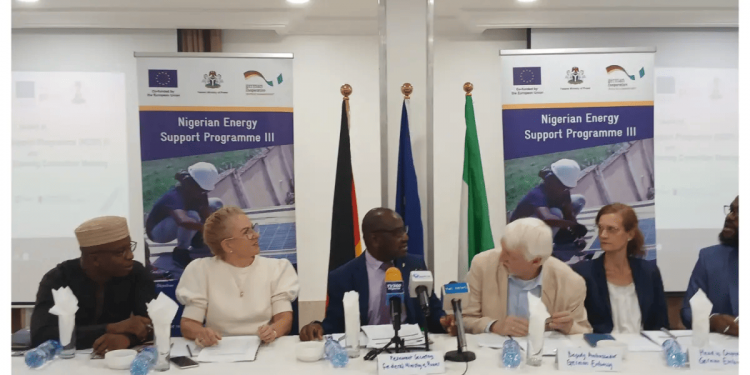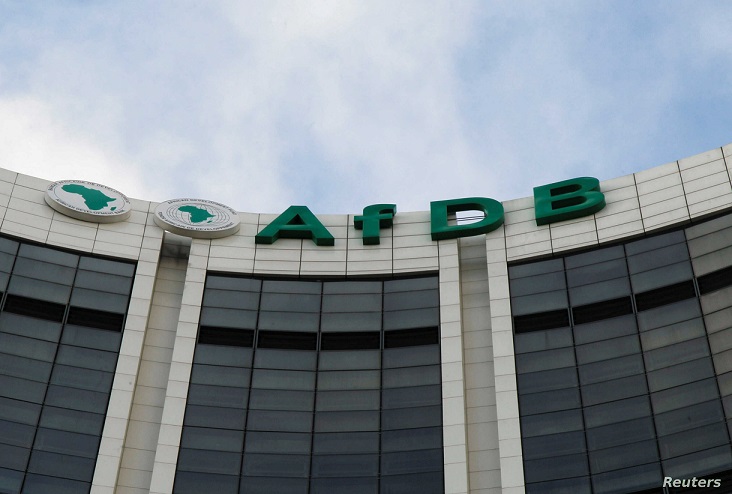The Nigerian Federal Government has partnered with the European Union (EU) and the German Government on a £17.9 million initiative to fund the nation’s off-grid electricity project. Under the Nigerian Energy Support Programme (NESP) Phase III, this project will drive investments in renewable energy, energy efficiency, and rural electrification.
The EU stated that the initiative will grant 154,000 people access to electricity and connect 30,000 more to clean cooking gas, with an additional 8 megawatts of renewable energy capacity planned. Launched in 2013, NESP is a technical assistance program co-funded by the EU and Germany’s Federal Ministry for Economic Cooperation and Development, with implementation by Deutsche Gesellschaft für Internationale Zusammenarbeit in collaboration with Nigeria’s Federal Ministry of Power.
Inga Stefanowicz, Head of Section Green and Digital Economy at the EU Delegation to Nigeria and ECOWAS, emphasized that a sustainable energy future is a collective responsibility. “As we launch this phase, 154,000 people will gain new or improved access to electricity, and 30,000 people will benefit from access to clean cooking gas,” she noted. Stefanowicz highlighted that expanding renewables in Nigeria’s energy mix aligns with EU’s vision of a sustainable and reliable power supply.
German Deputy Ambassador Johannes Lehne reiterated Germany’s commitment to Nigeria’s energy transition goals. He stated, “Renewable energy investments are vital to diversifying Nigeria’s energy mix and decarbonizing critical sectors outlined in the Energy Transition Plan.” Germany’s Federal Ministry for Economic Cooperation and Development contributed €8.9 million, with the EU recently adding another €9 million, raising NESP’s Phase III budget to €17.9 million.
Mahmuda Mamman, Permanent Secretary of Nigeria’s Ministry of Power, pointed out the project’s role in reducing the electricity gap affecting 100 million Nigerians, especially in rural communities. Duke Benjamin, Head of Programme at NESP, confirmed that the project specifically targets communities lacking national grid connections.
Despite numerous interventions, Nigeria’s electricity challenges persist, with the national grid experiencing frequent collapses and the country generating only 5,000 megawatts of power for its 200 million people.










